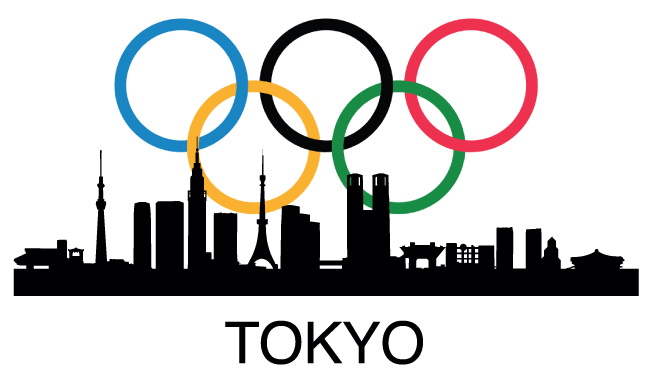The International Olympic Committee is changing its tune and setting a four-week deadline to decide whether the Tokyo Games set for this summer should be postponed because of the coronavirus pandemic.
Although the IOC had been insisting the Games would go ahead as planned, pushback from athletes and national Olympic committees seeking a delay put pressure on the board to reconsider. The panel met today and said the “worldwide deteriorating situation” involving the disease has prompted another step in developing scenarios for the existing operation plan for the Games–or a change to its start date.
While the IOC is not considering cancellation, it will also look at the possibility of a “scaled-down” Games.
British Olympic Association Chairman Sir Hugh Robertson urged “rapid decision-making for the sake of athletes who still face significant uncertainty.”
He pointed out, “Restrictions now in place have removed the ability of athletes to compete on a level playing field and it simply does not seem appropriate to continue on the present course towards the Olympic Games in the current environment.”
USA Swimming and USA Track and Field were among the groups urging a one-year postponement of the Games. Athletes say that closed gyms, stadiums and pools have made it impossible to train properly for the Olympics. For horse sports, cancellation of competitions that were to be used for training and to select teams is also a problem. It particularly affects eventing, which has seen two 5-stars, Kentucky and Badminton, fall by the wayside along with other competitions that mean it is impossible for participants in that discipline to prepare properly.
Japanese Prime Minister Shinzo Abe said postponement would be necessary if the Games cannot be held in a complete way because of the pandemic.
“If the Olympics cannot be staged “in a complete way, a decision of postponement would be unavoidable,” he said.
Meanwhile, the Canadian Olympic Committee and Canadian Paralympic Committee, backed by their Athletes’ Commissions, National Sports Organizations and the Government of Canada, have decided Canadian teams will not be sent to the Olympic and Paralympic Games this July.
They “urgently call on the International Olympic Committee and the International Paralympic Committee and the World Health Organization to postpone the Games for one year and we offer them our full support in helping navigate all the complexities that rescheduling the Games will bring. While we recognize the inherent complexities around a postponement, nothing is more important than the health and safety of our athletes and the world community. ”
The Canadian organizations noted, “This is not solely about athlete health – it is about public health. With COVID-19 and the associated risks, it is not safe for our athletes, and the health and safety of their families and the broader Canadian community for athletes to continue training towards these Games. In fact, it runs counter to the public health advice which we urge all Canadians to follow.”
Australia also will not be sending a team to Tokyo if the Games get under way on their scheduled dates this year.
AOC Chief Executive Matt Carroll explained, “We have athletes based overseas, training at central locations around Australia as teams and managing their own programs. With travel and other restrictions this becomes an untenable situation.”
In a letter to athletes published today, IOC president Thomas Bach said that “we are in a dilemma” and “a final decision about the date of the Olympic Games Tokyo 2020 now would still be premature”.
He added that to postpone the Games “is an extremely complex challenge” and a cancellation would “destroy the Olympic dream of 11,000 athletes”.
In terms of a postponement, Bach warned: “A number of critical venues needed for the Games could potentially not be available anymore.
“The situations with millions of nights already booked in hotels is extremely difficult to handle, and the international sports calendar for at least 33 Olympic sports would have to be adapted. These are just a few of many, many more challenges.”




